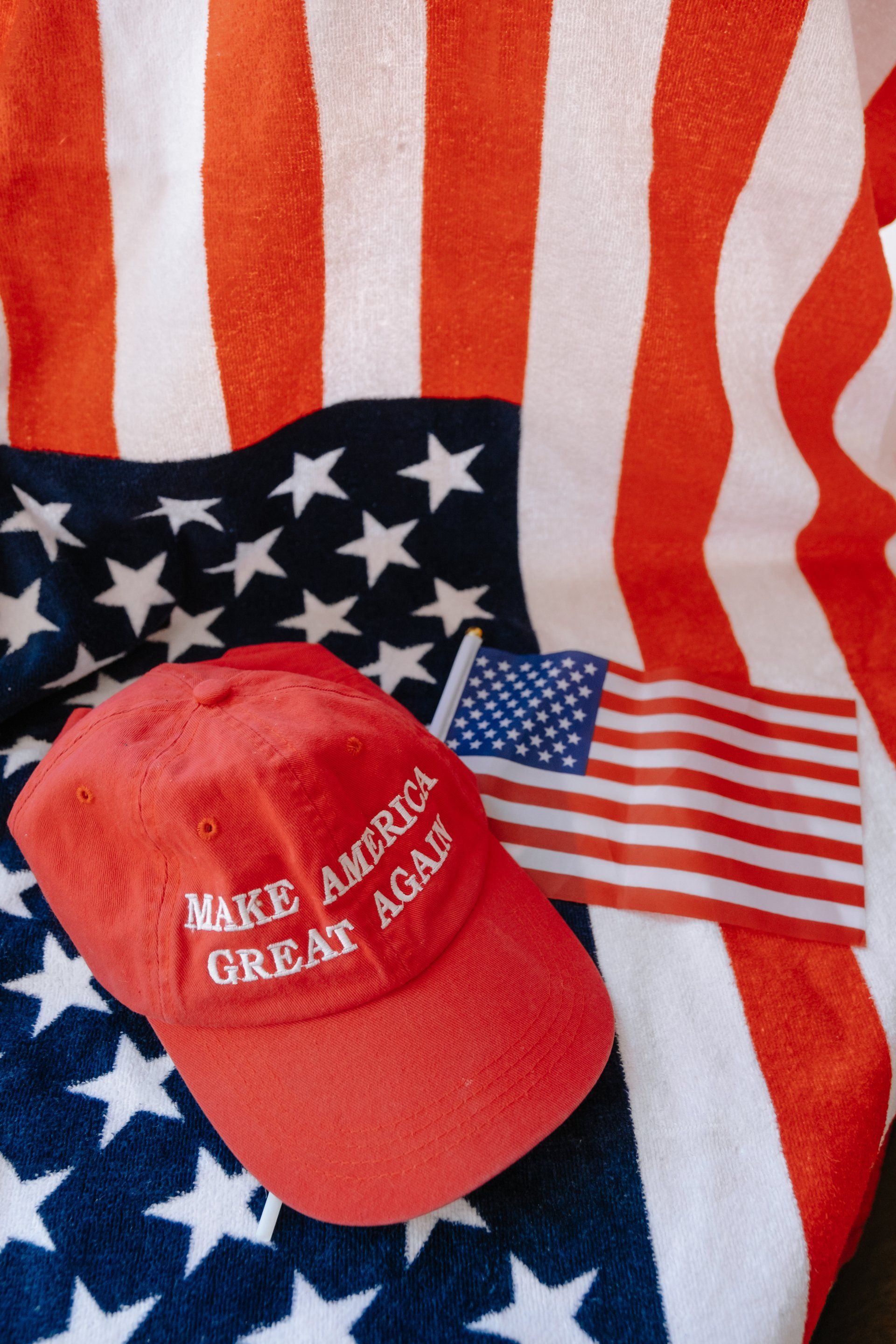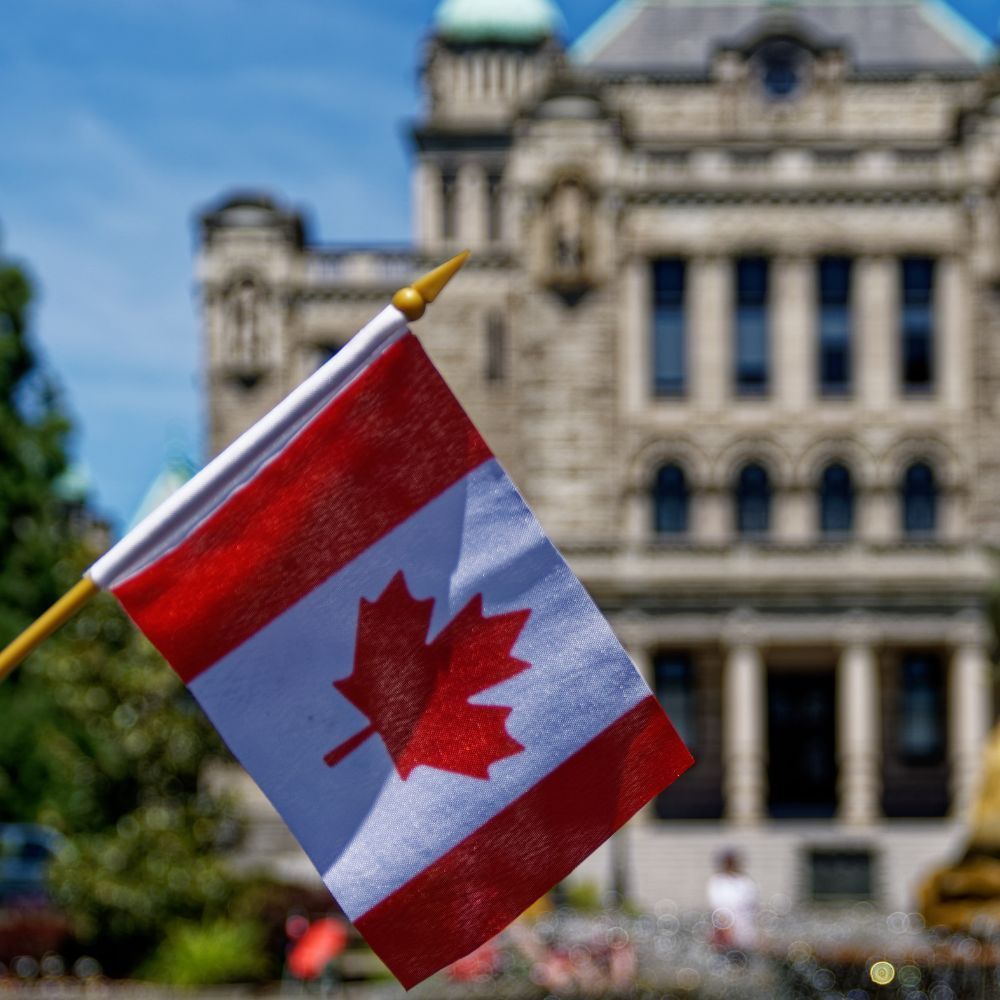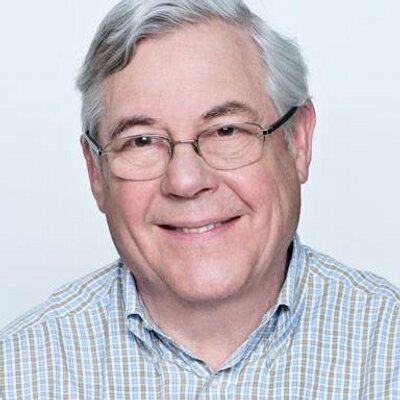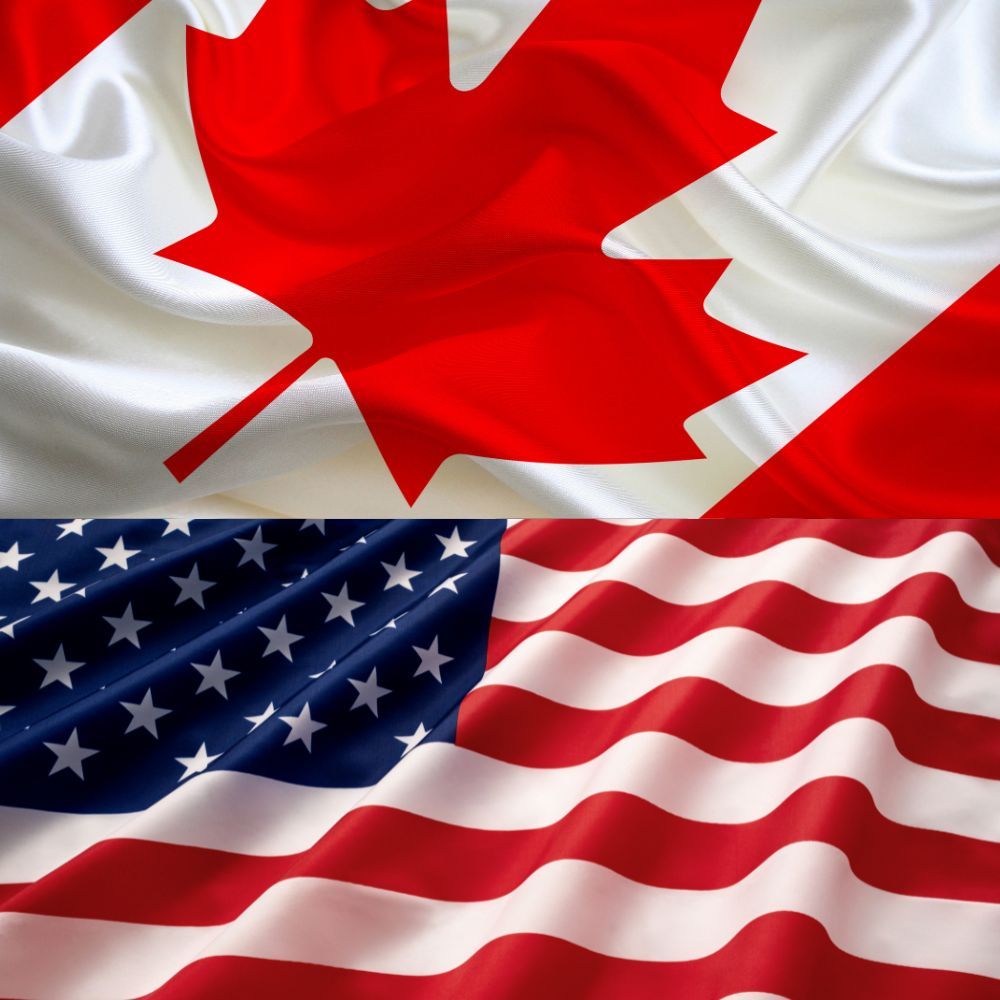Crazy on the Decline. Alberta a Possible Exception
Despite Donald Trump madly clinging to the hope of a return to the White House, his election denying candidates in the midterms were widely defeated and a red wave did not break. It would seem that the crazies are on the decline in US politics.

Recently on the Daily Show, former President Obama said what many hope: “I like to think that part of what happened in this election is people said, ‘OK, you know what, some of this stuff is getting a little too crazy, It turns out that there is a majority of the country that does prefer normal, not crazy. And that’s a basis for hope.”
Now unless we think Canada was immune to the craziness and polarization that infected politics to the south, think again. The ongoing televised inquiry into the use of the emergency act more than reminded us of how ridiculous and irrational were the beliefs held by the people who led the freedom convoy.
Take James Bauder, the founder of Canada Unity and author of a wild missive demanding the governor general and Senate work around the elected government to lift COVID-19 health measures. He told the Inquiry that he was told by “God” to start the convoy and accused Prime Minister Justin Trudeau of “treason.” In tears he told about how he believes the convoy was a worldwide beacon of “love and unity.”
Then there is the admittedly charismatic “mother hen” of the freedom convoy, Tamara Lich. She was the chief fundraiser and voice of the protest. She called the occupation “the biggest lovefest I’ve ever participated in.” She denied that it was never intended to disturb Ottawa and complained that everyone wanted hugs and money from her. Pat King is a darker character who was the social media guru of the convoy that many wanted out of the leadership because of videos he posted threatening Trudeau’s life. Both he and Lich insisted that the whole thing was one big emotional bouncy castle. “I’ve never seen anything more loving and peaceful in my life,” Mr. King said at the inquiry. “It was Woodstock.”
At the time it was some of this widely reported more threatening and fanciful convoy demands that likely led to the growing impatience of Canadians with the anti-vaccine protests. An Angus Reid poll released on Feb. 14, 2022, showed the public increasingly fed up with anti-vaccine mandate protests. Of those polled, 72 per cent said it’s time for the protesters to go home as they had made their point, and most supported police stepping in to deal with the situation. Interestingly, given the lively discussion about whether the government overstepped in using the emergency act, those who supported some form of action (93% of Canadians) to remove protesters are largely supportive of arrests if demonstrators refuse to leave. Three-in-five (62%) say this should happen.
A recent CBC Opinion piece by freelancer Rahim Mohamed makes an interesting argument about the similarities between the new Premier, Danielle Smith and the defeated election denier for Arizona governor, Keri Lake, a Republican who also was a high profile broadcaster. He argues that demographically Arizona and Alberta are similar with growing large multi-ethnic populations against a past history of being reliably conservative. Both are now more competitive in the ballot box. Alberta went from 44 straight years of Progressive Conservative rule to a single term of New Democrat government (2015-2019).
He says Smith should take Lake's fate as a cue to address her own credibility problem. Smith has invited criticism for dubious statements about Russia's invasion of Ukraine (since apologized for), an argument that cancer is within a patient's control before it reaches Stage 4, and alternative COVID treatments. She is clear that under her there will be no vaccine or mask mandates. Shades of the freedom convoy. She also continues to plan a bizarre “Alberta Sovereignty Act” which would give Alberta power to not enforce federal laws which were not in the interests of the province.
She has somewhat stepped down from her more egregious polices and views top broaden her appeal. This was evident in a televised speech which announced a series of new financial relief measures including a $600 payment over the next six months for each child under 18 in families with lower incomes, rebates electricity and natural gas and killing the provincial gas tax. Shades “Ralph Bucks”, former Premier Klein’s 2006 vote buying strategy. Easy to see this kind of spending for what it is.
The speech ended with exaggerated rhetoric against the federal government. Her unworkable “Sovereignty Act” has no appeal to the Albertans not in her base, who will remember her wacky ideas. Today’s Alberta is a far cry from the province she knew a decade ago as leader of the right-wing Wildrose Party. Alberta voters are no longer automatically conservative, and in NDP leader Rachel Notley she faces a formidable and believable opponent. Smith has odd ideas that are offside to the average middle of the road voter. She’ll be under continuing close scrutiny.
As will the chief pretender to the federal prime ministership, Conservative leader Pierre Poliviere, known for his hard to explain support for the freedom convoy. He has explained in detail that “I support those peaceful and law-abiding protesters who demonstrated for their livelihoods and liberties, while condemning any individual who broke laws, behaved badly or blockaded critical infrastructure…I think it’s possible to support the overall cause of personal free choice in vaccination and the overall cause of respecting the truckers’ ability to earn an income, while holding individually responsible anyone who behaved badly, broke laws, or blockaded key infrastructure.”
Hard to make a convincing clip of this and his overall ambiguity and the fact of his open support during the occupation will be a sharp arrow in the Liberal election quiver come the next federal campaign. Again, a cloud of craziness shadows him.
Our own Conrad Black is one person who was probably the most eloquent and consistent supporter of Trump in all his craziness. Trump pardoned him, resulting in a glowing tome A President Like No Other that Black published in 2018.
In a recent detailed piece in the Star on Black’s Trump sycophancy historian Andrew Cohen penned: “Days after this month’s midterm elections, Black did the unthinkable: he broke with Trump. No longer was Trump presumptive president, as Black predicted — now he was past president. In a betrayal for the ages, Black has turned on Trump.”
As Obama intoned – there may just be an end to craziness and hope for moderation, even from Conrad Black.
by Patrick Gossage
Patrick Gossage Insider Political Views




